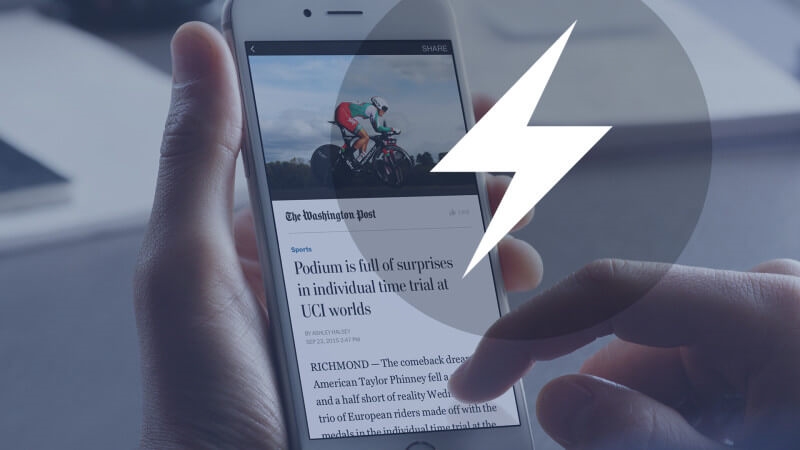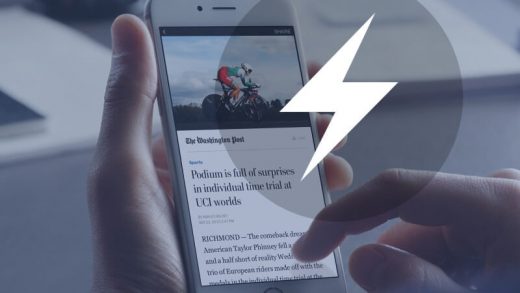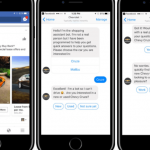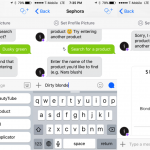Facebook will stop displaying Instant Articles within Messenger
Messenger added support for Instant Articles 14 months ago, but 14 months ago, Facebook’s proprietary format had fewer problems.

Fourteen months after Facebook’s Messenger added support for its parent company’s proprietary article format, Messenger will no longer display the Instant Article version of a link when opened within the messaging app. The news was reported earlier today by TechCrunch and confirmed by a Facebook spokesperson.
“As we continue to refine and improve Instant Articles — and in order to have the greatest impact on people and publishers — we’re focusing our investment in Instant Articles in the Facebook core app and are no longer offering Instant Articles in Messenger. We believe that Messenger is an exciting channel for new and interesting news consumption experiences, including the opportunity to build unique messaging experiences in Messenger that many publishers have executed successfully via the Messenger Platform,” said the Facebook spokesperson in an emailed statement.
Messenger’s move to end support of Instant Articles appears to be the latest setback for Facebook’s proprietary article format. While designed to be a faster-loading alternative to traditional web pages, the mobile-only product has struggled to maintain support among major publishers, including The New York Times, Vice, Forbes and Hearst. Publishers’ flight from Instant Articles appears to have less to do with the amount of traffic Facebook’s format can drive than with the inability of the format to drive incrementally more revenue for that traffic.
Likely a result of Facebook losing support among publishers, the company has worked to make Instant Articles more attractive, or at least less uninviting. In an apparent acknowledgement of the success of Google’s open-web alternative to Instant Articles, AMP, and Apple’s proprietary format for its News app, in May Facebook rolled out a tool for publishers to automatically convert their Instant Articles pages to be formatted for AMP and Apple News. The company has also added more money-making options. It has increased the number of ads that an Instant Article can contain, started slotting ads within the Taboola-like “Related Articles” section and plans to begin testing a paywalled version of Instant Articles next month.
And yet, despite all that, Facebook is cutting off Messenger as a supplementary traffic driver for Instant Articles.
But maybe Instant Articles losing support from one of Facebook’s own platforms isn’t as bad as it sounds (and it doesn’t sound great). The statement from Facebook included above indicates that Messenger is looking for publishers to present news in a way that’s more specific to the messaging service. Maybe, after a year of reorienting its platform away from messaging-native experiences to more app-like ones, Messenger believes it’s time to return to its original promise. Maybe, after teasing news delivered via text message at its F8 conference in 2016, then pivoting to news delivered as links to Instant Articles, Messenger is ready to present the news in message form. And maybe Messenger believes that the only way to get that Messenger-proprietary article experience off the ground is to remove any reliance on the Facebook-proprietary article experience. To that end, Facebook could even be forking the Instant Articles product into a version that’s more tailored to a messaging environment and has decided, for whatever reason, that the original version must be deprecated on Messenger so that the updated version would carry more clout with publishers and Messenger users.
Or maybe too few of the links that people opened within Messenger were Instant Articles, with the inconsistency jarring users and forcing a retreat, if only temporarily.
Marketing Land – Internet Marketing News, Strategies & Tips
(36)














